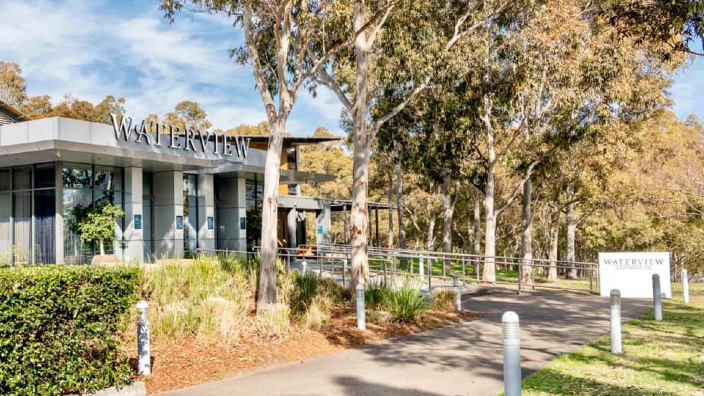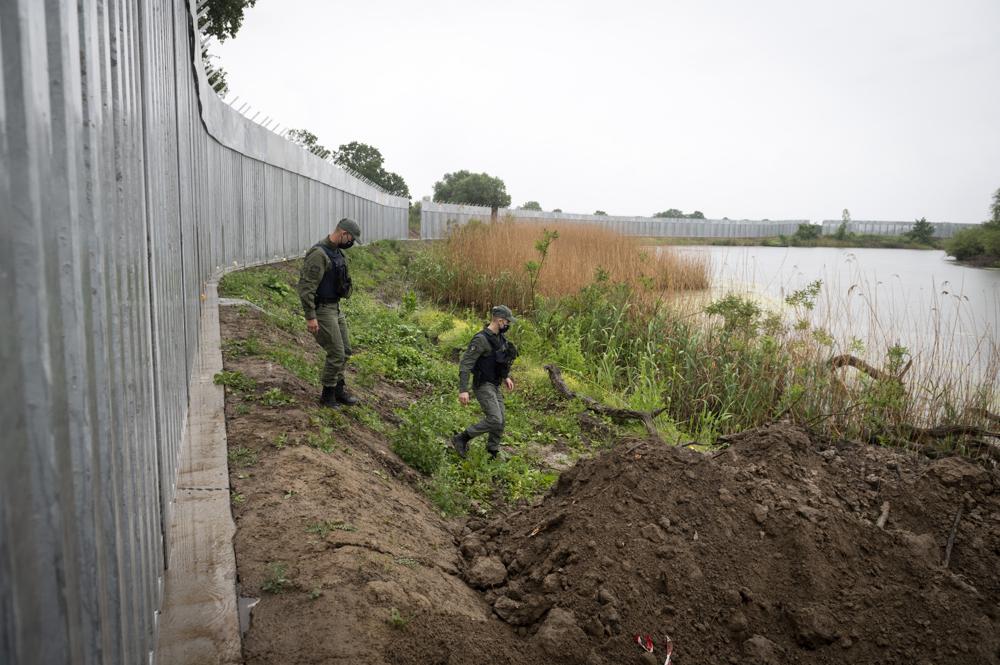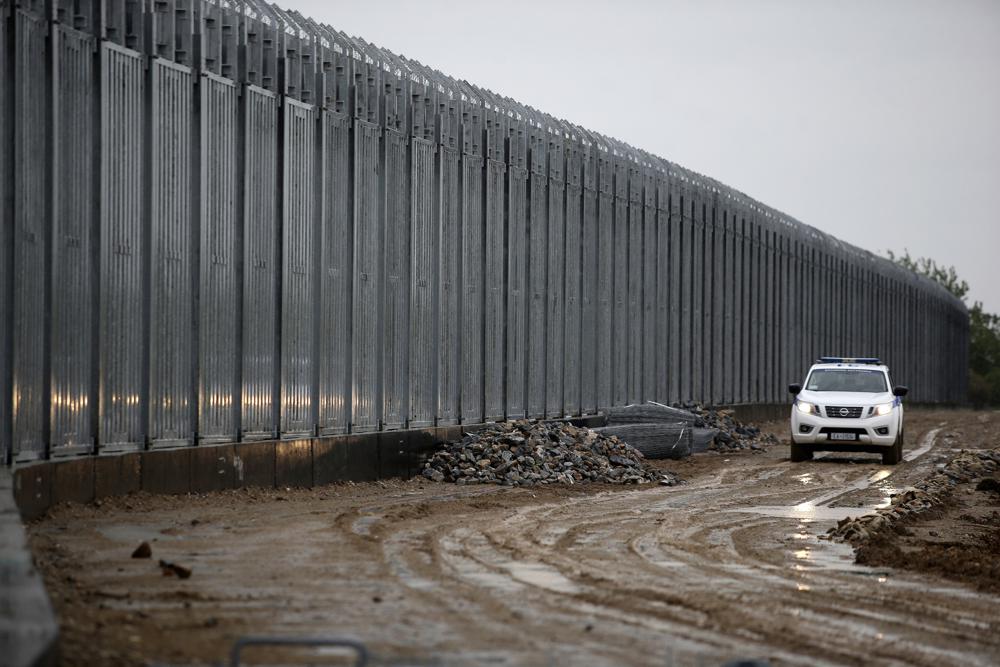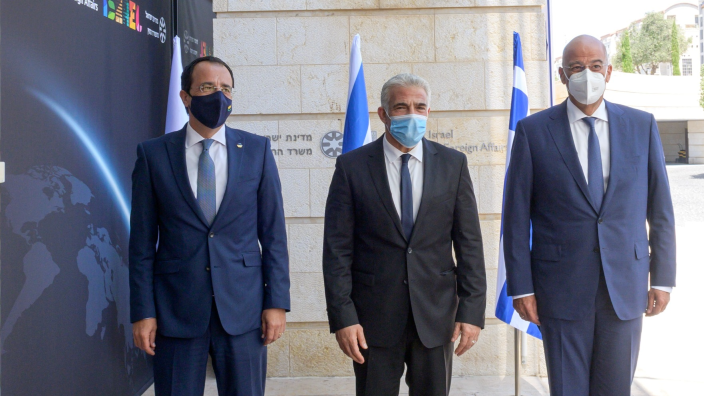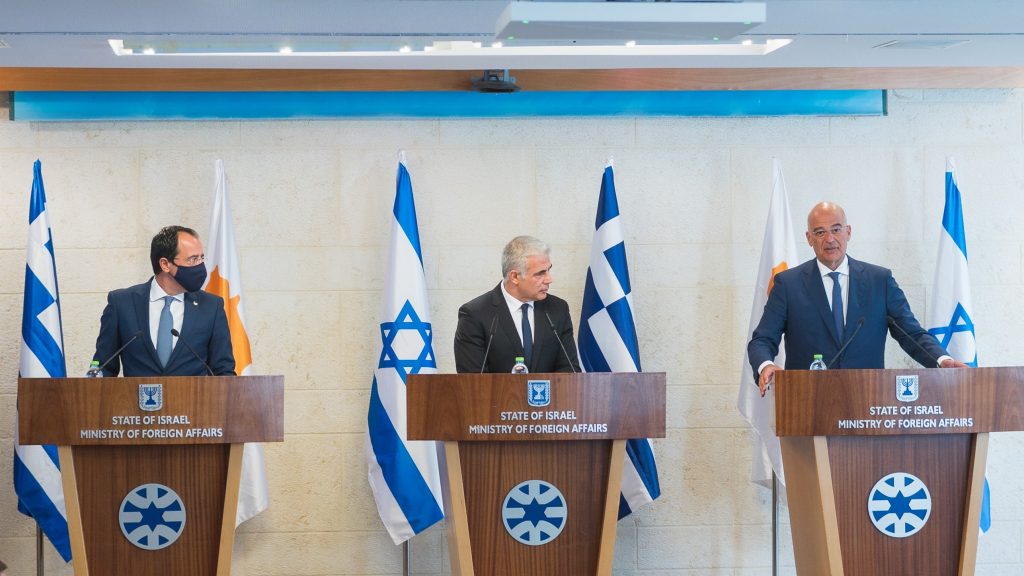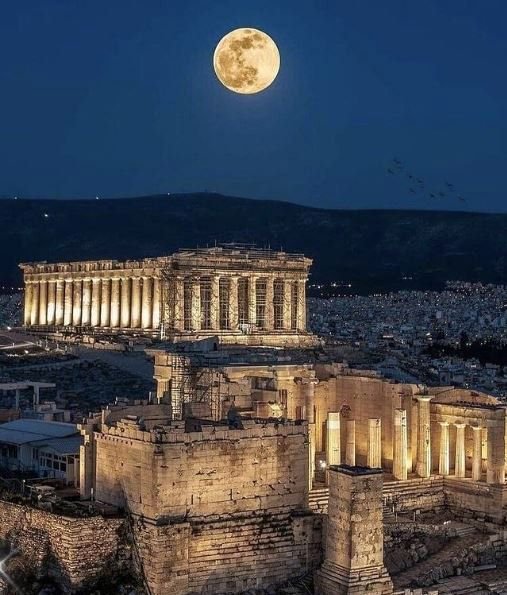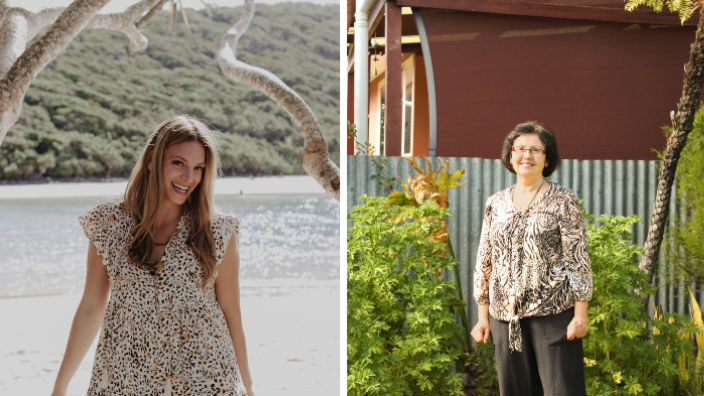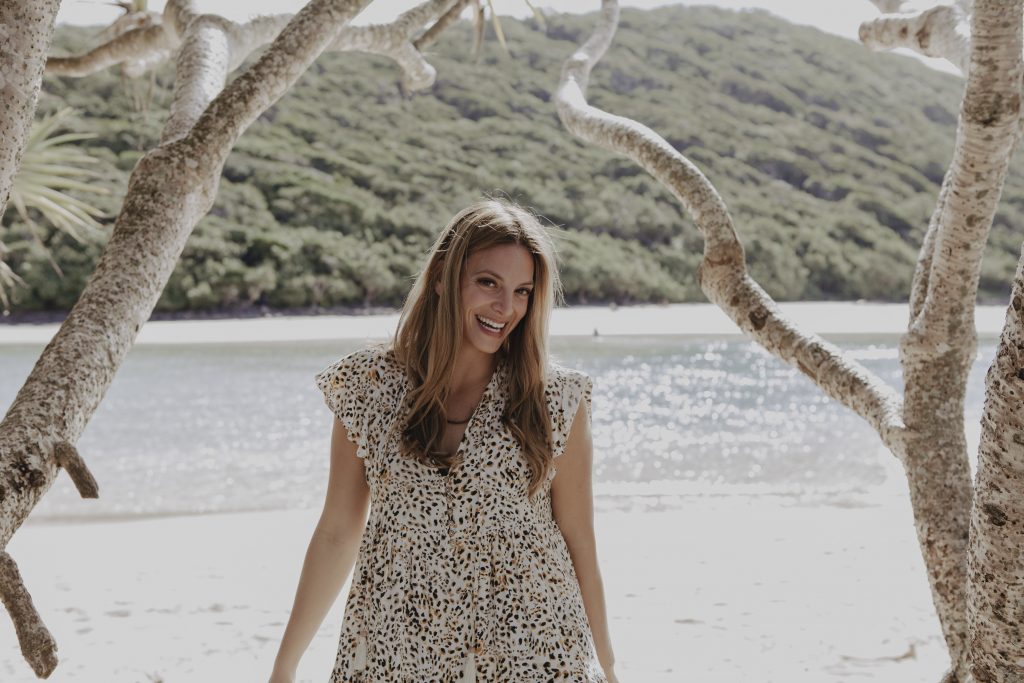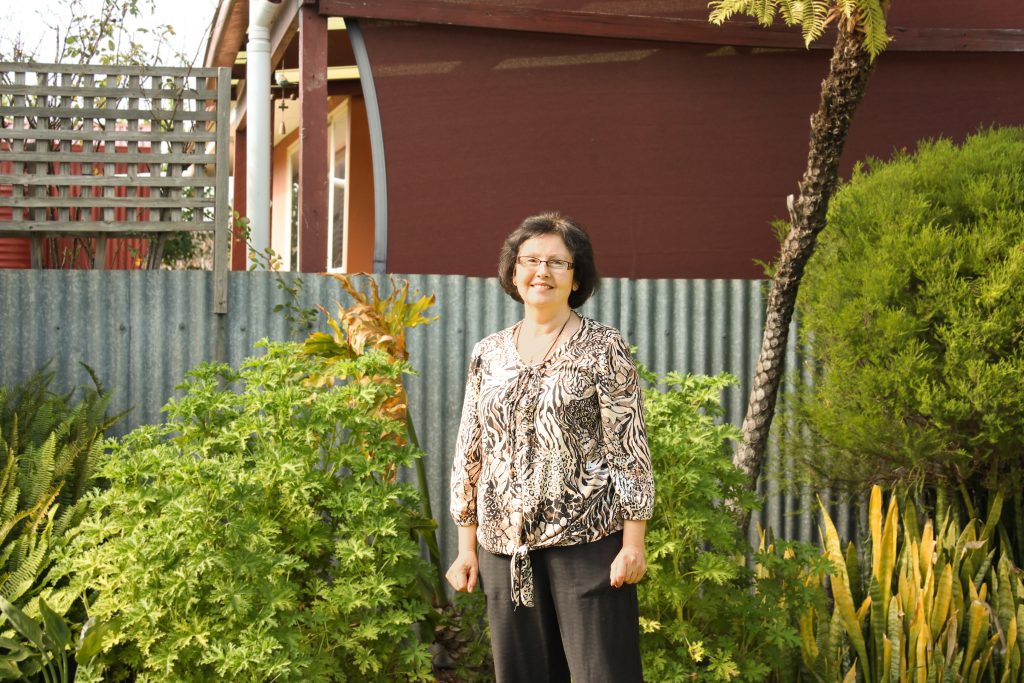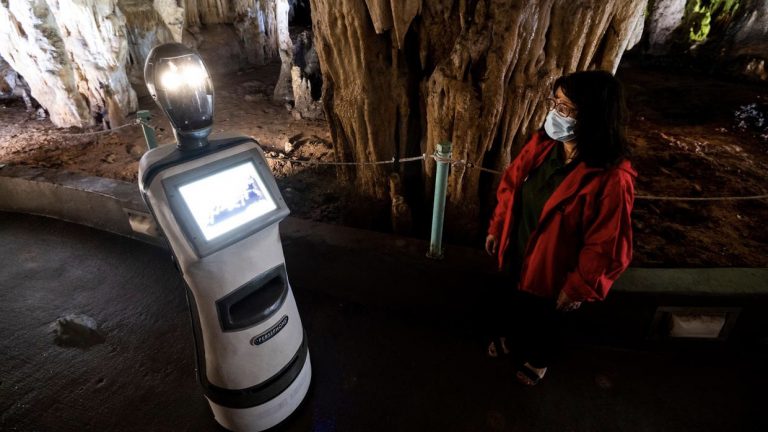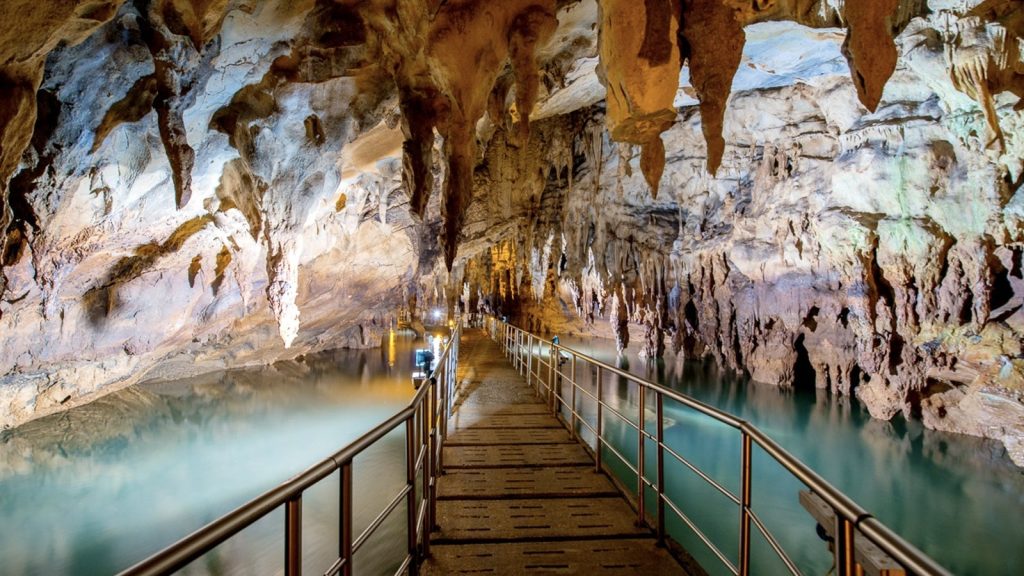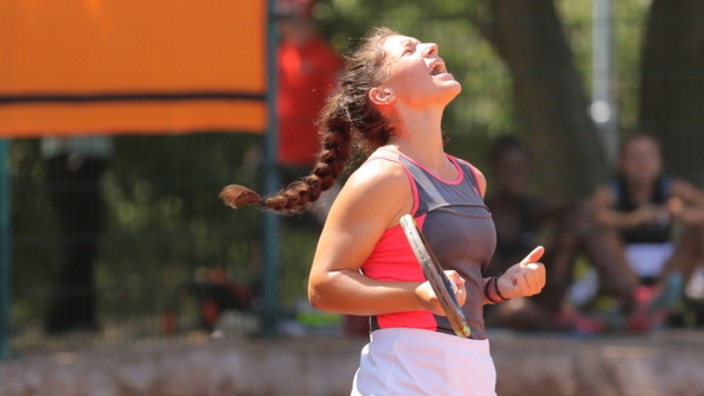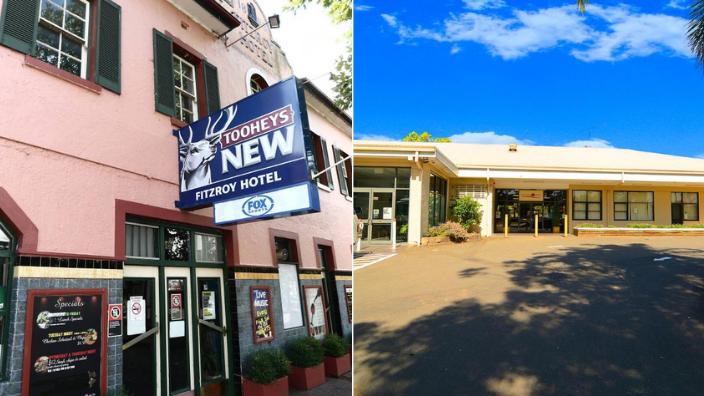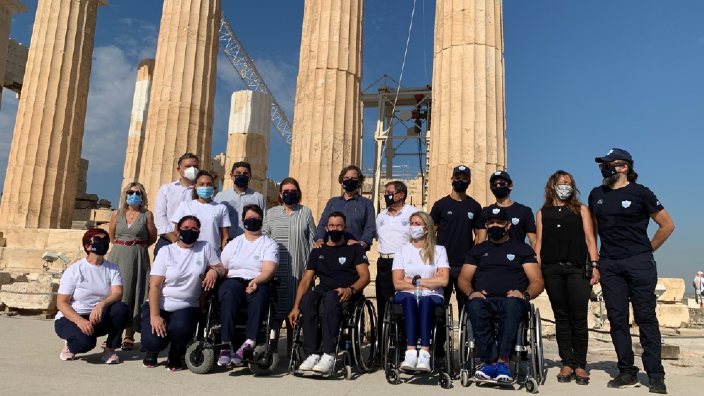In support of the local community during the current COVID-19 crisis, Waterview Venue in Bicentennial Park will become the first privately-owned hospitality venue to volunteer their function centre for use as an official NSW Health Vaccination Hub.
In an effort to assist with the current national emergency and the highly contagious COVID-19 Delta strain, Waterview Venue’s initiative comes with the hopes to assist in raising the state’s total vaccination rates.
“Our vision is to welcome back our loyal employees and dear clients, while supporting fellow businesses, improving the health of the local community and the state of New South Wales,” Managing Director, Theodore Drivas, says.
“The financial economic impact on businesses during the pandemic has been distressing to all and we hope this initiative will be a part of the change that will see the current economic crisis recover. We aim to give back to the hospitality industry and all suffering business sectors.”
Waterview is proud to share their vision with the Sydney Olympic Park Authority (SOPA), aligning in values and being able to further support the community in which we are located and the health and wellbeing of NSW.
“Nothing is more pleasing than an initiative that allows us to welcome back our loyal staff, now as frontline workers, to benefit the health and wellbeing of the community. We’re all in this together, uniting on this cause and receiving protection against the virus will bring us closer to resuming life as normal,” Director of Operations, James Drivas, says.
Waterview Venue is located within the Sydney Olympic Park precinct, perfectly situated within the
picturesque landscapes of Bicentennial Park.
Offering tranquil views overlooking vast parklands, ponds and lakes, Waterview is the ideal setting for all events. Waterview can accommodate Weddings, Business Events, School Events and Special Occasions of all kinds.
You can book your vaccine at the Waterview Venue in Bicentennial Park here.

